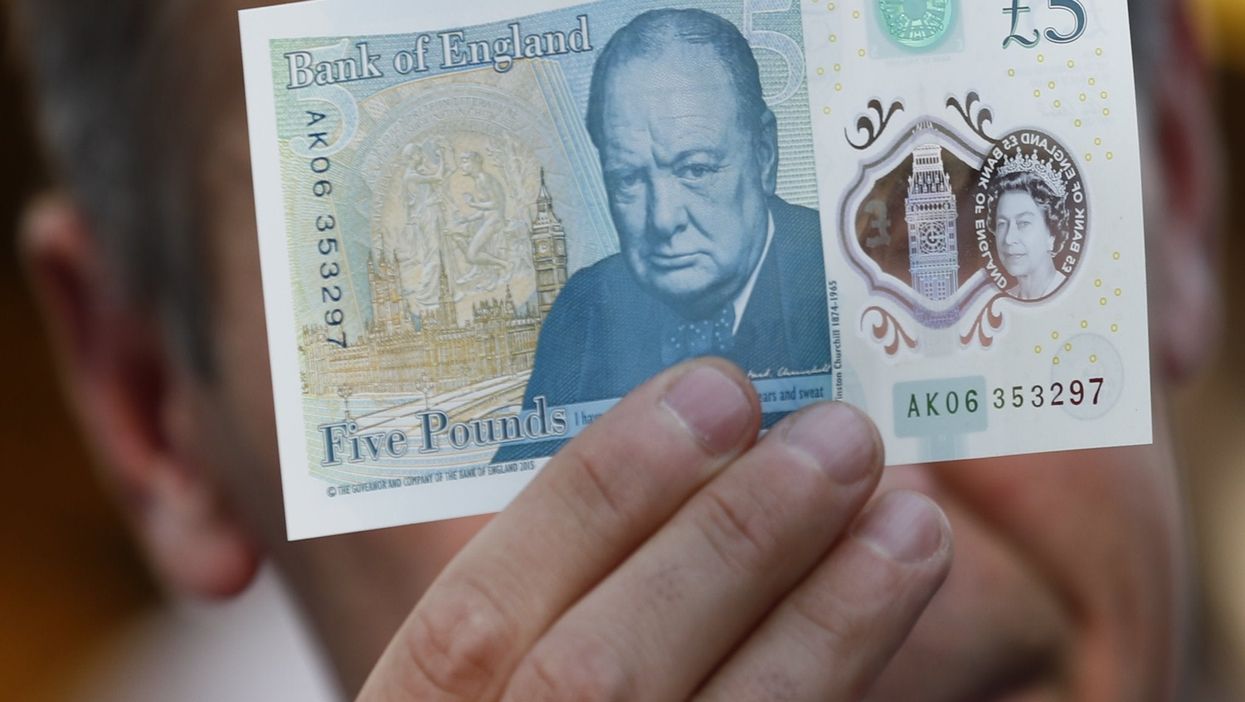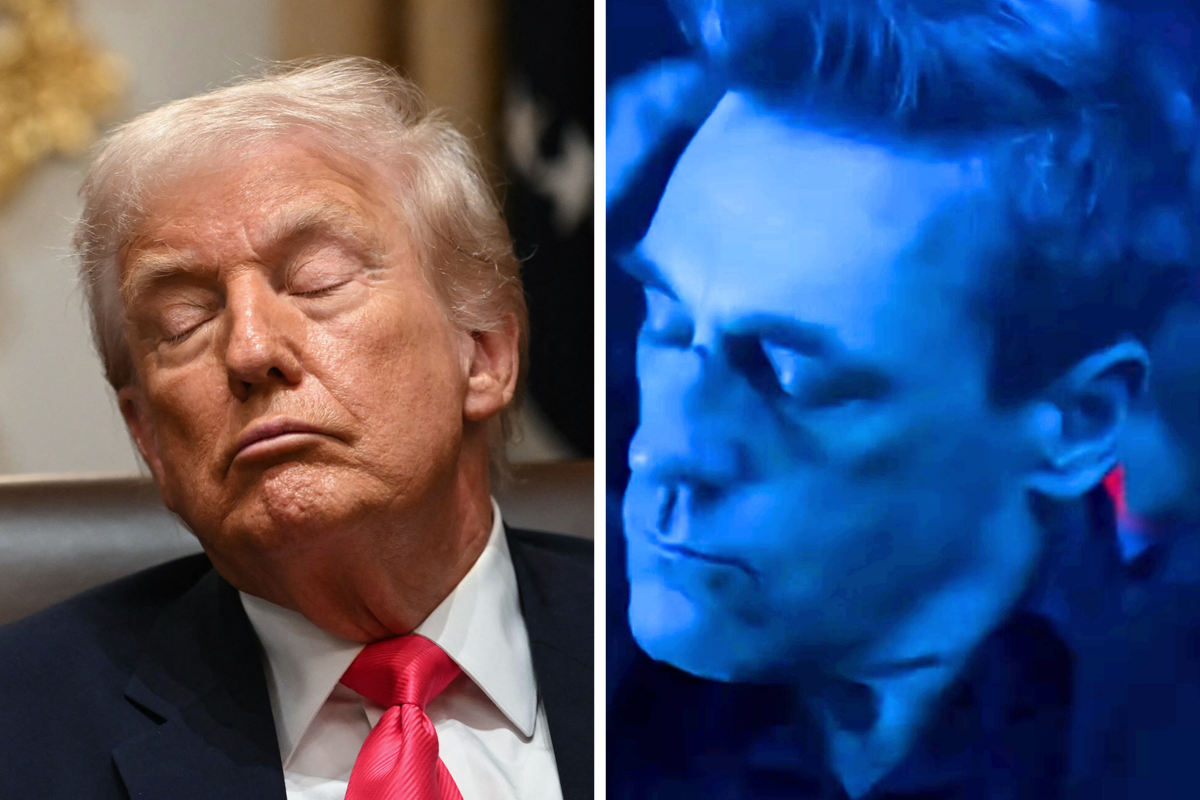
The debate surrounding the progressive nature of a Universal Benefit Income (UBI) trundles on, with Scotland being the most recent country to consider rolling it out.
The scheme would provide a basic cash amount for all citizens from the government, unconditionally and on an individual basis.
Any additional earning above the base rate is then taxed as a flat rate, or progressively.
In September, Shadow Chancellor John McDonnell claimed that he could “win the argument” for basic income in the UK.
But opponents of the ‘radical’ policy argue that an unconditional, flat-rate payment to all would encourage unemployment, and could lead to higher taxation.
So who's right? Reddit user cfheaarrlie tried to figure the whole thing out.
How does it work?
Using data from the ONS, the Reddit user calculated that, if citizens were flat taxed half their income, everyone over the age 18 would be paid different amounts, depending on their state of employment.
While this is not completely 'universal', it ensures that unemployment isn’t incentivized.
Based on this, "everybody earning £30,000 or less will be better off...A whopping 70 per cent of society would be better off".
Here's their working out:
Billionaire founder of Tesla and SpaceX, Elon Musk, said there’s a “pretty good chance” that robots will change the landscape of the workforce, which would mean millions lose their jobs.
In an interview with CNBC, he argued that there was a “pretty good chance we end up with a universal basic income…due to automation”.













Donald Trump explodes at 'obnoxious' reporter